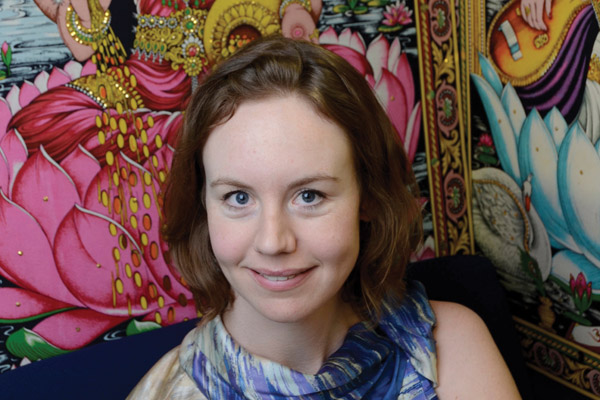Reliance on supernatural explanations for major life events, such as death and illness, often increases rather than declines with age, according to a new psychology study from The University of Texas at Austin and published in the June issue of Child Development.
“As children assimilate cultural concepts into their intuitive belief systems — from God to atoms to evolution — they engage in coexistence thinking,” says Cristine Legare, assistant professor of psychology and lead author of the study. “When they merge supernatural and scientific explanations, they integrate them in a variety of predictable and universal ways.”
Legare and her colleagues reviewed more than 30 studies on how people (ages 5-75) from various countries reason with three major existential questions: the origin of life, illness and death. They also conducted a study with 366 respondents in South Africa, where biomedical and traditional healing practices are both widely available.
“The findings show supernatural explanations for topics of core concern to humans are pervasive across cultures,” Legare says. “If anything, in both industrialized and developing countries, supernatural explanations are frequently endorsed more often among adults than younger children.”
These findings contradict the common assumption that supernatural beliefs dissipate with age and knowledge, and provide evidence that reasoning about supernatural phenomena is a fundamental and enduring aspect of human thinking Legare says.
